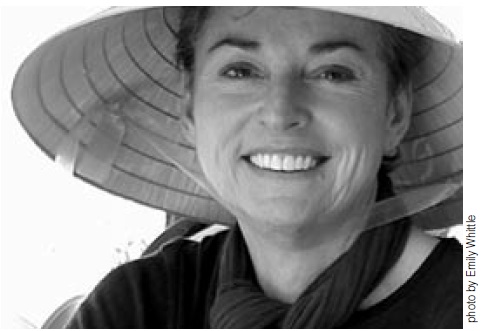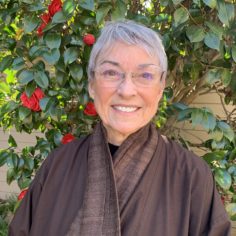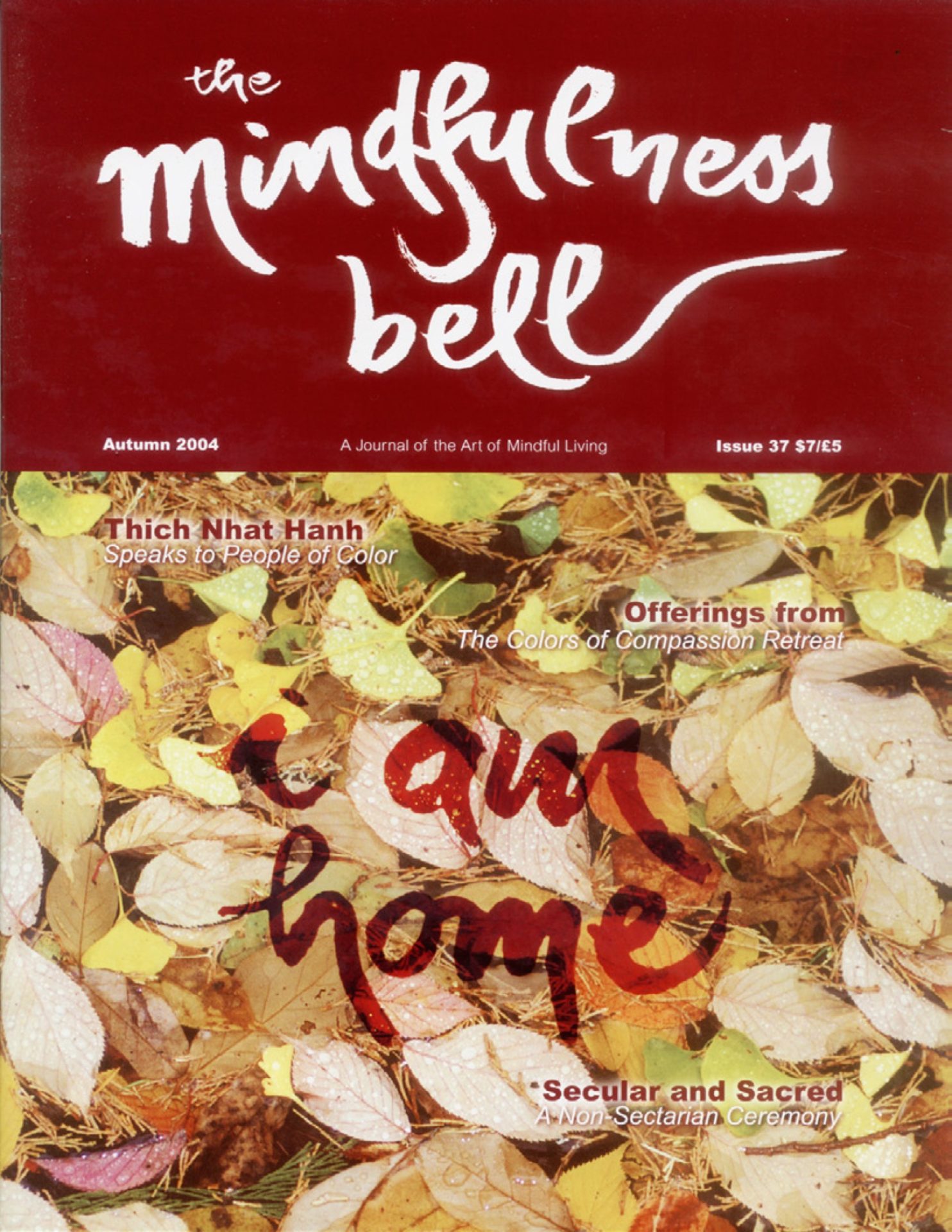By Trish Thompson in October 2004

Eeanie, Meanie, Meinie, Mo
Catch a N***** By His Toe.
If He Hollers, Let Him Go.
Eeanie, Meanie, Meinie, Mo
Dear Brothers and Sisters of African American Ancestry,
If you grew up in the southern United States in the 1940s and 50s, you might be aware that white children and adults commonly recited this verse.
By Trish Thompson in October 2004

Eeanie, Meanie, Meinie, Mo
Catch a N***** By His Toe.
If He Hollers, Let Him Go.
Eeanie, Meanie, Meinie, Mo
Dear Brothers and Sisters of African American Ancestry,
If you grew up in the southern United States in the 1940s and 50s, you might be aware that white children and adults commonly recited this verse. To make a choice between two things, a person pointed a finger first at one thing and then at another, repeating the verse, word by word. The choice was determined on the last word, “Mo.”
I am that little white girl whose house you could not enter, except to work. You could never sit at my table, though I could sit at yours. Sometimes you helped your mama by bringing the freshly-picked vegetables or clean laundry, entering through the back door. The front of the house was off-limits to you. We shyly eyed each other, uncomfortable, never really talking. An only child, I wanted a playmate, but I do not remember wanting to play with you. Even the thought was unacceptable.
We lived in the country, my family in a comfortable house with most modern conveniences, yours across the dirt road in a broken-down, three-room shack. Your parents stuffed the cracks in the floors and walls with paper, when they could find some. You had no window screens, no plumbing, and no electricity. A wood-burning kitchen stove was a welcome source of heat in winter, but created misery in the hot, southern summers.
I loved your parents, but I never knew your family name. My parents were “Mr. Wattie” and “Miz Mamie” to you. I was aware that our way of addressing each other was odd. I knew the rules, but I didn’t understand the reasons for them. As the years passed my awareness grew, though I often ignored what I saw happening.
Whites generally ignored the presence of blacks, not easy in a county whose population was split fifty-fifty. We kept you “in your place,” separate from us. You sat in the back of the bus and in separate waiting rooms at the doctor and dentist; if there wasn’t one, you waited outside. You sat in the balcony at the movies, entering through a side door. You could not enter our restaurants or sit at our lunch counters. And, you were quiet, no trouble at all.
I used the “Whites Only” toilet at the theater and elsewhere. There were none for you. What did you do? I drank from the “Whites Only” water fountain. Yours said “Colored.” The “Only” was unnecessary, as whites, including me, would go thirsty before drinking from the fountain you used.
Your people stepped off the sidewalk, in deference, when mine walked by. It was expected. Some whites reacted violently at the hint of any attitude lacking “proper respect”, though I only heard about such incidents. In my experience, black people were always subservient, never making eye contact. Every black man knew to be very careful in the presence of a white woman.
Your people had no police protection. White families were also denied basic protection; the police never “interfered” in domestic issues, no matter how violent. When I was nine years old, I saw a long procession of cars drive slowly through our little town, each with several white-hooded figures inside. In broad daylight the Ku Klux Klan burned a cross in the front yard of a white family who had been too friendly with “n*****s.” I remember feeling curious and also afraid.
Racial jokes and demeaning language were the norm among whites of all ages and levels of education. And yet, individual white and black people had real affection for one another, working together and helping each other as neighbors. In the rural South, we truly felt ourselves to be one big extended family. It was all very confusing to me.
After I moved out of the South in the early 60s, I began to realize that a great injustice, a subjugation of an entire race of people, was continuing, and I had been part of it. All of us, black and white, had been caught in a life of fear and oppression. Not one of us had ever really been free.
How do I understand those years of my childhood, those unbelievably dark years? I have so much I want to say to you. As memories continue to surface, I breathe deeply. Some wounds seem to bleed forever.
Trish Thompson, True Concentration on Peace, practices with the Sea Island Sangha in Beaufort, South Carolina. Her letter is excerpted from a series of essays she is writing on her early life in the Deep South.


